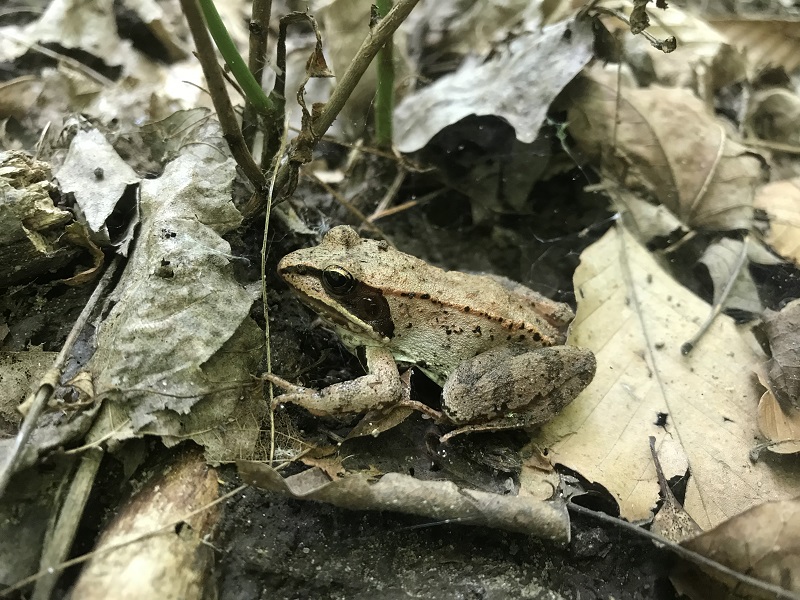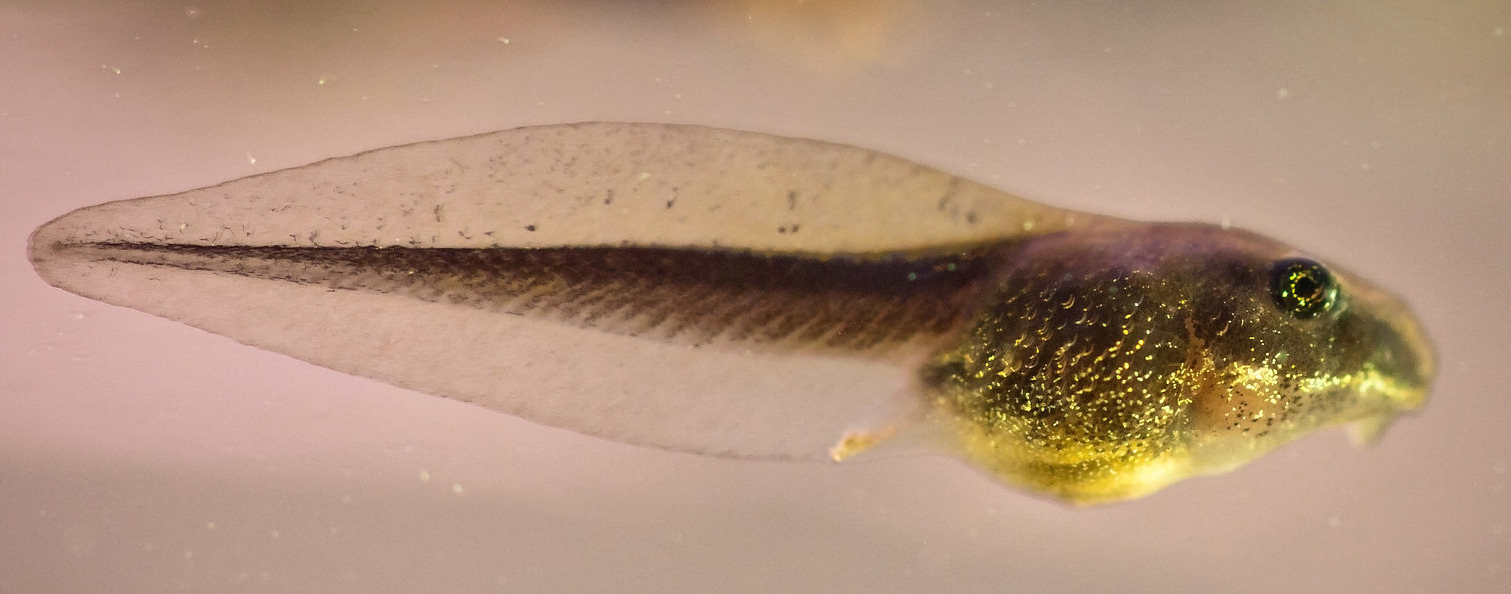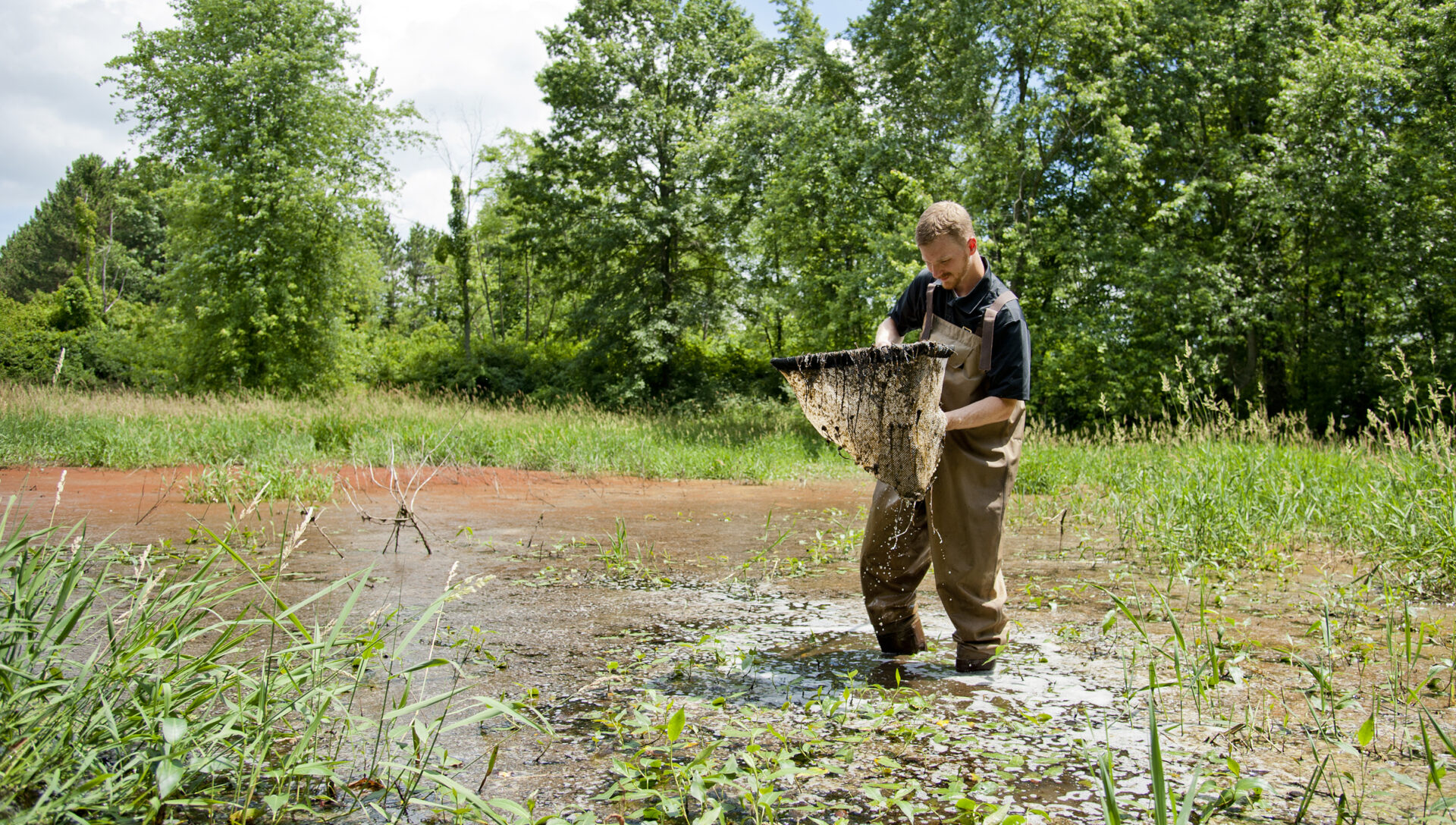Evolved Pesticide Tolerance
Representative publications
Billet, LS, VP Wuerthner, RA Relyea, JT Hoverman, and J Hua. 2023. Population-level variation in insecticide tolerance across three life stages of the trematode Echinostoma trivolvis. Aquatic Toxicology. 261:106626.
Billet, LS, A Belskis, and JT Hoverman. 2022. Temperature affects the toxicity of pesticides to cercariae of the trematode Echinostoma trivolvis. Aquatic Toxicology. 245:106102.
Billet, LS, VP Wuerthner, J Hua, RA Relyea, and JT Hoverman. 2021. Population-level variation in infection outcomes not influenced by pesticide exposure in larval wood frogs (Rana sylvatica). Freshwater Biology. 66:1169-1181.
Jones, DK, J Hua, BM Mattes, RD Cothran, JT Hoverman, and RA Relyea. 2021. Predator- and competitor-induced responses in amphibian populations that evolved different levels of pesticide tolerance. Ecological Applications. 31(4):e02305. 10.1002/eap.2305.
Billet, LS and JT Hoverman. 2020. Pesticide tolerance induced by a generalized stress response in wood frogs (Rana sylvatica), Ecotoxicology.
Jones, DK, J Hua, BM Mattes, RD Cothran, JT Hoverman, and RA Relyea. 2020 Predator- and competitor-induced responses in amphibian populations that evolved different levels of pesticide tolerance. Ecological Applications.
Hua, J, VP Wuerthner, DK Jones, B Mattes, RD Cothran, RA Relyea, and JT Hoverman. 2017. Evolved pesticide tolerance influences susceptibility to parasites in amphibians. Evolutionary Applications 10:802-812.
Hua, J, DK Jones, BM Mattes, RD Cothran, RA Relyea, and JT Hoverman. 2015. The contribution of phenotypic plasticity to the evolution of insecticide tolerance in amphibian populations. Evolutionary Applications 8:586-596.
Hua, J, DK Jones, BM Mattes, RD Cothran, RA Relyea, and JT Hoverman. 2015. Evolved pesticide tolerance in amphibians: Predicting mechanisms based on mode of action and pesticide novelty. Environmental Pollution 206:56-63.




